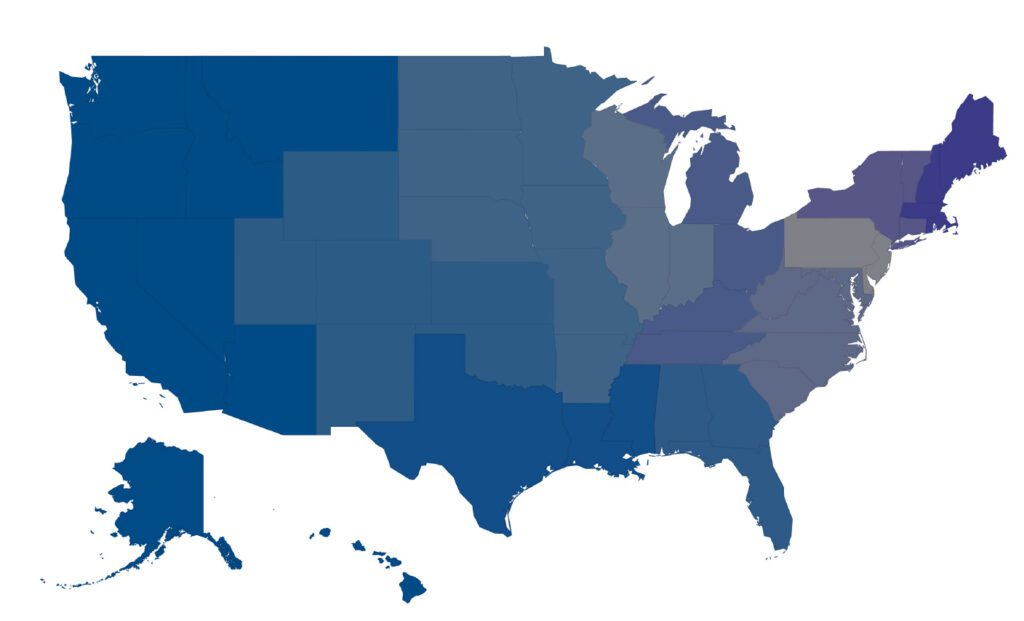Colorado Rules of Civil Procedure
Rule 62(d)
“(d) Stay upon Appeal. When an appeal is taken the appellant by giving a supersedeas bond may obtain a stay from the trial court subject to the exceptions contained in section (a) of this Rule. The bond may be given at or after the time of filing the notice of appeal or of procuring the order allowing the appeal, as the case may be. The stay is effective when the supersedeas bond is approved by the court.”
CO Rev Stat § 13-16-125
“(1) In any civil action brought under any legal theory, the amount of a supersedeas bond necessary to stay execution of a judgment granting legal, equitable, or any other relief during the entire course of all appeals or discretionary reviews of the judgment by all appellate courts shall be set in accordance with applicable law; except that the total amount of the supersedeas bonds that are required collectively of all appellants during the appeal of a civil action may not exceed twenty-five million dollars in the aggregate, regardless of the amount of the judgment that is appealed.
(2) Notwithstanding the provisions of subsection (1) of this section, if an appellee proves by a preponderance of the evidence that an appellant who has posted a supersedeas bond is intentionally dissipating or diverting assets outside the ordinary course of its business for the purpose of avoiding payment of the judgment, a court may enter orders that are necessary to protect the appellee or that require the appellant to post a supersedeas bond in an amount up to and including the total amount of the judgment that is appealed.”

**In Federal cases the bond requirement is governed by Federal Rule of Civil Procedure “62(b) Stay by Bond or Other Security. At any time after judgment is entered, a party may obtain a stay by providing a bond or other security. The stay takes effect when the court approves the bond or other security and remains in effect for the time specified in the bond or other security.”**
The information contained on our site is for general information purposes, and you should consult with your attorney for the most up to date civil code or local rule that applies to your case.
Choose the State...
Experience the CSBA Difference today
Expert Guidance • First-Class Service • More Options








